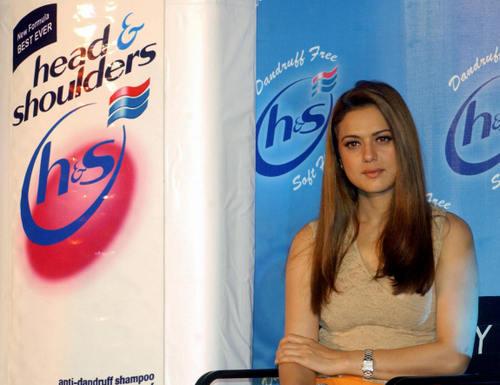India: Where does shampoo come from? Hobson-Jobson knows.
Shampoo? Indian. Dungarees? Indian. Pyjamas? Indian. All by way of a “madly unruly and idiosyncratic” dictionary known as Hobson-Jobson.
What do shampoo, dungarees, and pyjamas have in common? They're all words that English borrowed from India, as catalogued by a "madly unruly and idiosyncratic work" known as Hobson-Jobson — the British Raj's answer to the Oxford English Dictionary.
As a great feature from the BBC points out, Hobson-Jobson is beloved by Indophiles, writers and word-nuts for its weird mix of history, etymology and culture. Better still, it's coming back in print, as Kate Teltscher, reader in English Literature at Roehampton University, is preparing the new Oxford World Classics edition.
"By exploring the words that are in Hobson-Jobson we start to realise how many words that we use every day, we don't even think of as particularly being of Indian origin actually are," the BBC quotes Teltscher as saying.
Indeed. Shampoo comes from champi — bastardized from a word for head massage. What we call pyjamas ("night suit" in India) is the word for the baggy trousers worn with a kurta (loose shirt). But for the Brits, add tidbits like "have a dekko," used to mean the same thing, look, as it does in Hindi (though it's mispronounced in the English). Or even Hobson-Jobson itself.
Frequently confused for the names of the dictionary's two writers — Colonel Henry Yule and AC Burnell — the phrase "is in fact an Anglo-Saxon version of the wailings of the Mahommedans as they beat their breasts in the procession of the Moharram – 'Ya Hasan! Ya Hosain!'"
